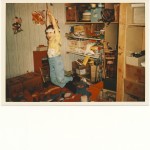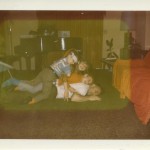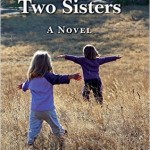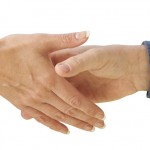
Grab hold – let go – and swing!
Really!!!
You don’t know what you are asking!
But as we grab hold of understanding our past, we can let go of those parts that hold us hostage and keep us from swinging free into tomorrow.
My son was born without the muscles to hold up his head. A special brace was designed just for him so he could learn to walk and do all the things every kid does. It had a metal rod that went up the back and was anchored around his waist and around his forehead to hold the head up.
He never let his brace or lack of muscles deter him from grabbing hold of life and swinging into the unknown. He let go of anything that kept him grounded and swung freely.
Handicaps
Handicaps of any kind do not need to deter us. Difficult childhood experiences of neglect, lack of love, favoritism, alcoholism, rejection, abandonment or abuse can feel like handicaps. They can make us feel as though we are trapped in an ongoing cycle of shame, anger, self doubt or depression. But these nor any other handicaps need to keep us imprisoned to a past or unable to find hope for the future.
Let’s create a rope we can grab hold of and swing to a new way of doing things.










